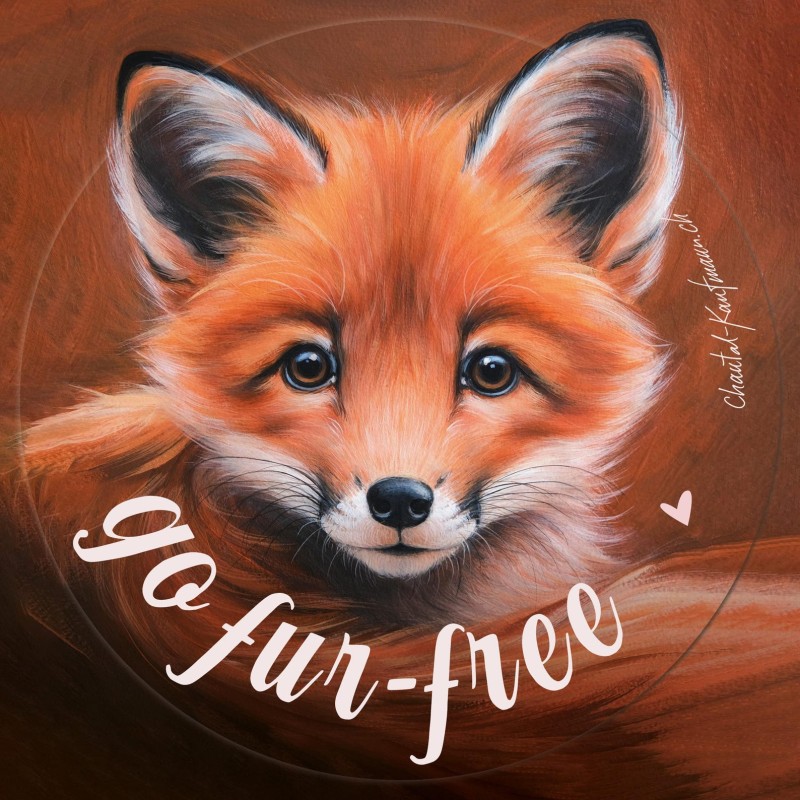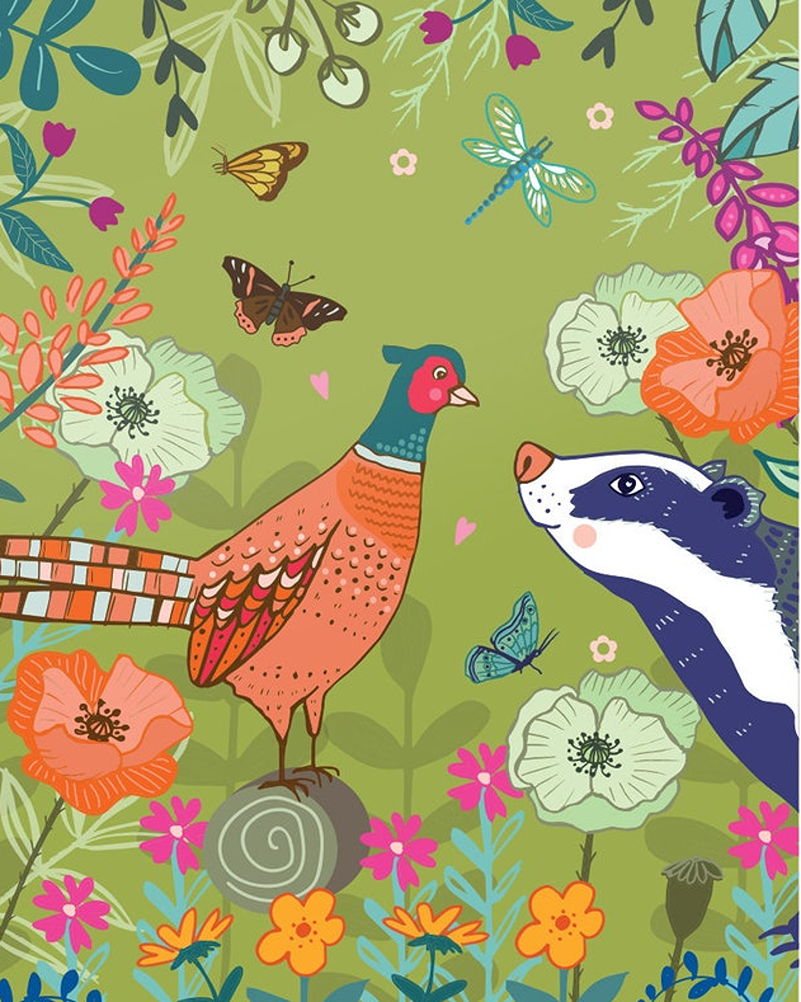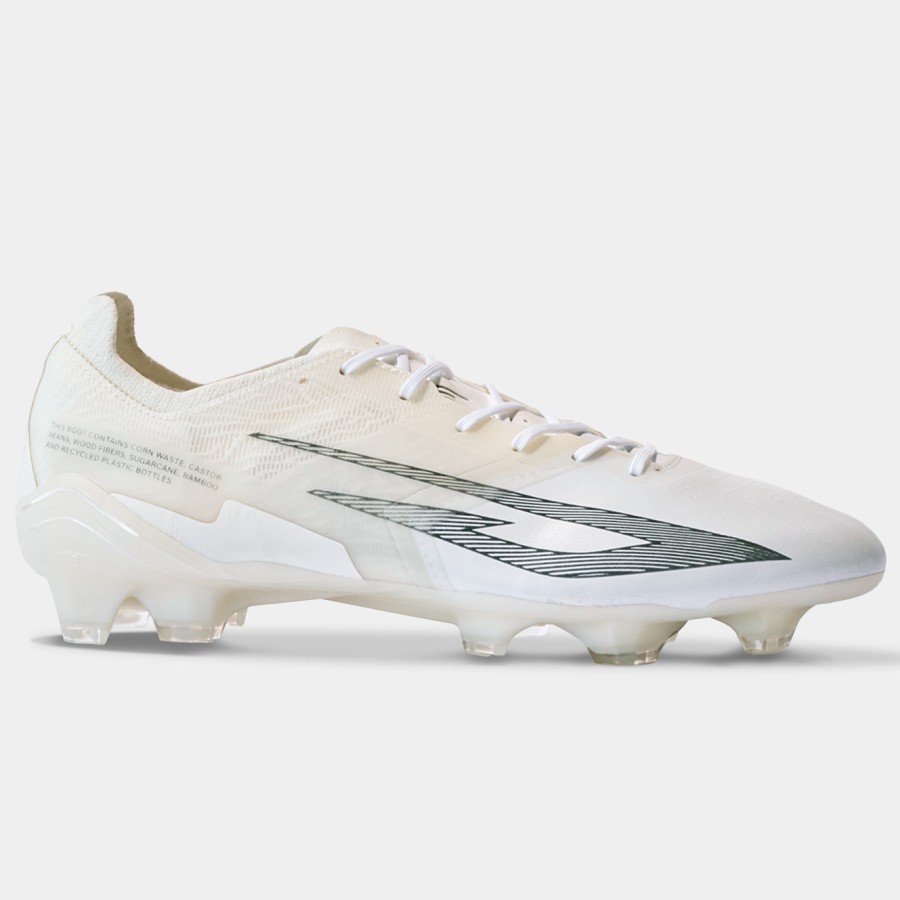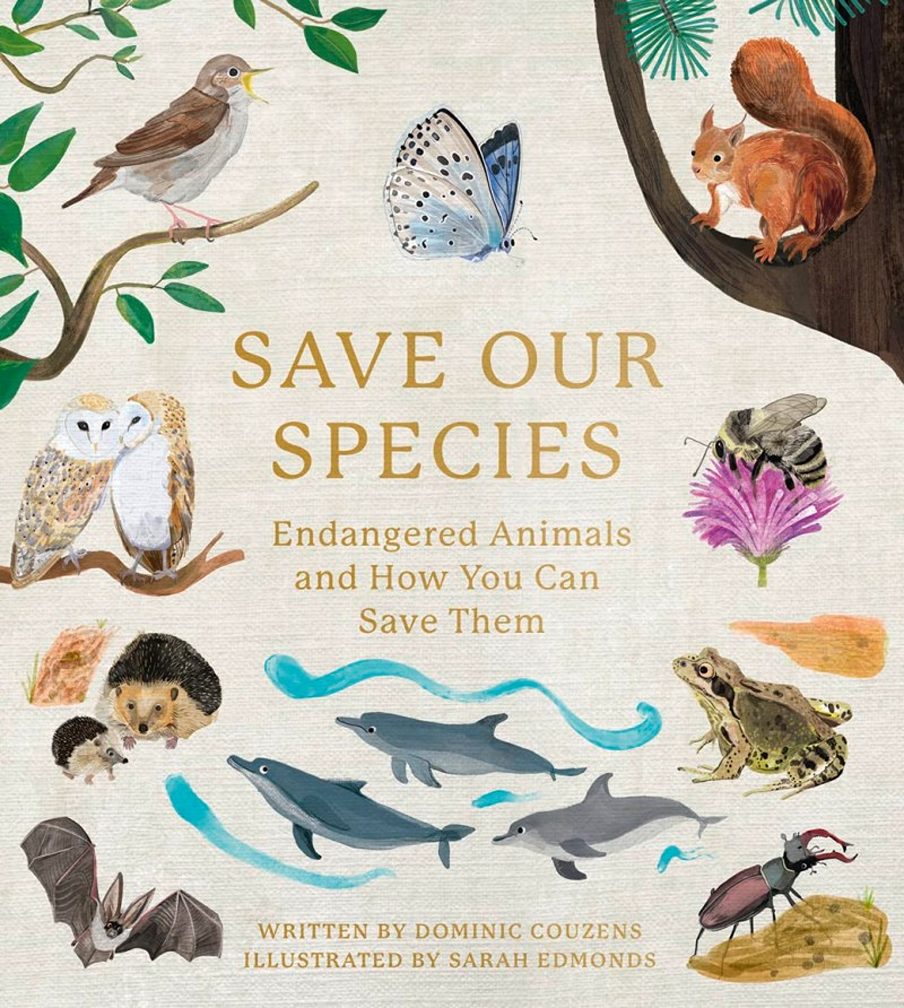Good Reasons to Never Buy Real Fur

Thankfully, real fur coats are not fashionable in most circles. But they still are in ‘high society’, in some countries abroad and even amid some music stars. But real fur involves cruelty so horrid that the industry is (thanks to a campaign by Compassion in World Farming) banned in the UK for production. So why not banned for sale?
Many stores (especially in London – Harrods among them) still sell real fur, even though they are fully aware of the cruelty it ensues. Fur is not ‘natural’ for humans, because it’s lined with synthetic materials, and the process to make it into a fur coat involves chemicals. Abroad, faux fur has the same R-value (warmth) as real fur.
Let’s Ban the Sale of Real Fur in England
Sign the petition to ban UK fur sales. Fur Free Britain is asking all of us to support the ban, which would help the tens of millions animals suffering abroad, for the fur industry.
Animals raised for fur spend their lives in cramped cages and face cruel deaths. The process causes pain and distress from start to finish. Even wild-trapped animals suffer in snares and steel-jaw traps. By rejecting fur, you’re standing against needless animal cruelty.
Ruth Jones (a Welsh Labour MP who is also trying to ban animal vivisection) has recently tabled a motion to ban the sale and import of fur. It’s presently going through Parliament. Write to your MP to urge support.
The first duty of any government is the nation’s security, and animal welfare is linked to human health. The appalling conditions on fur farms are perfect for viruses to mutate and spread (COVID-19 was identified on nearly 500 fur farms during the pandemic, and led governments in Italy, Denmark and the Netherlands to ban the practice.
As long as we allow the import of fur products into Britain, we are complicit both with the suffering of those animals, and the risks that come with it. I say it’s time we stop exposing the country to this potential danger, all for a bit of fashion. Ruth Jones MP
Even “Faux Fur” Can Be a Trap
Recent DNA checks found real animal fur in products sold as faux, from trims on jackets to novelty ornaments in gift shops. Always check labels, but stay sceptical and buy from trusted sellers. Avoid anything that looks suspect and steer clear of shops that still sell fur.
Recycle Fur Coats at Textile Banks
Old fur coats can be recycled at textile banks if you don’t want to keep them. This keeps them out of landfill and reduces demand for new animal fur.
Although cutting up pelts for use as ‘surrogate mums’ in wildlife sanctuaries sounds like a good idea, new advice by vets and sanctuaries is that due to fur rotting quickly and being difficult to clean, it’s best to just recycle old fur coats at textile banks, and and donate to wildlife sanctuaries instead.
Fur coats are not a good idea to help homeless people keep warm. They are heavy to drag around, especially if wet. Better to donate innovative sleeping bags.
New Biodegradable Faux Fur Brands

The future of faux fur lies in new eco-friendly textiles. There are now brands that are made from biodegradable alternatives to conventional faux fur coats.
Any coat has synthetic lining, so would be laundered in a microfibre filter, to stop microplastics leaching from machines into the sea. But ‘fur coats’ are dry-cleaned, so use an eco-friendly dry cleaner, that uses steam over PERC chemicals.
- Bio-fluff is an eco-friendly alternative to fur that has just received over $2 million in seed funding to help produce it for the mass market. One designer already using it is Stella McCartney, who has never used fur in her designs.
- EcoPel is a luxury faux fur made from recycled polyester, which results in 30% less energy production, and 63% less greenhouse gas emissions.
- Gacha is a sustainable fur that is commercially compostable in 180 days (this means that brands can take back end-of-life garments to industrially compost in proper facilities.
Sign up as a Fur Free Retailer

Small shops can sign up to Fur Free Retailer, and you’ll receive a fox logo to display in your window, guaranteeing everything you sell is fur-free (including trim and novelty ornaments). The program is now active in 24 countries, and many major designers and shops have signed up.
There are no costs or fees, you simply have to confirm (in writing) that you are not selling anything with real fur. It’s basically to create a movement to encourage nearby shops to stop selling fur, if you only support fur-free ones.
Boycott Stores That Sell Real Fur
In London, there are still some stores selling real fur, including Harrods. Which despite all the evidence, still puts profit above animal welfare and human health (as noted above, fur farms are such appalling conditions that lead to disease, some countries shut them down during the pandemic, due to rampant infection that could also pass to humans).
The store seems to not listen to anyone (all other department stores have now banned the sale of real fur). But due to huge profits, it continues to sell real fur, pate de foie gras etc, not caring about putting profits before kindness.
Unbelievably, the store has a dress code, saying ‘we reserve the right to refuse entry to anyone who is not deemed to be appropriately dressed’. But it’s okay to sell coats made from tortured animals, who are often skinned alive?
Singer Leona Lewis famously turned down an offer to visit Harrods, and turn on the Christmas lights. She said she would never support the store, due to its selling real fur.
Faux Fur Saves Wild Cats in Africa

Panthera (an international animal welfare charity that helps to remove big cats caught in snares) has been instrumental in protecting leopards from being killed, for traditional dress in South Africa.
10 years ago, 800 of the country’s 5000 leopards were being killed for coats used in ceremonial regalia, although the tribes revere this beautiful species.
So they worked with graphic designers to replicate the costumes with Heritage Furs, which the communities adore, and also protect the spotted big cats.






